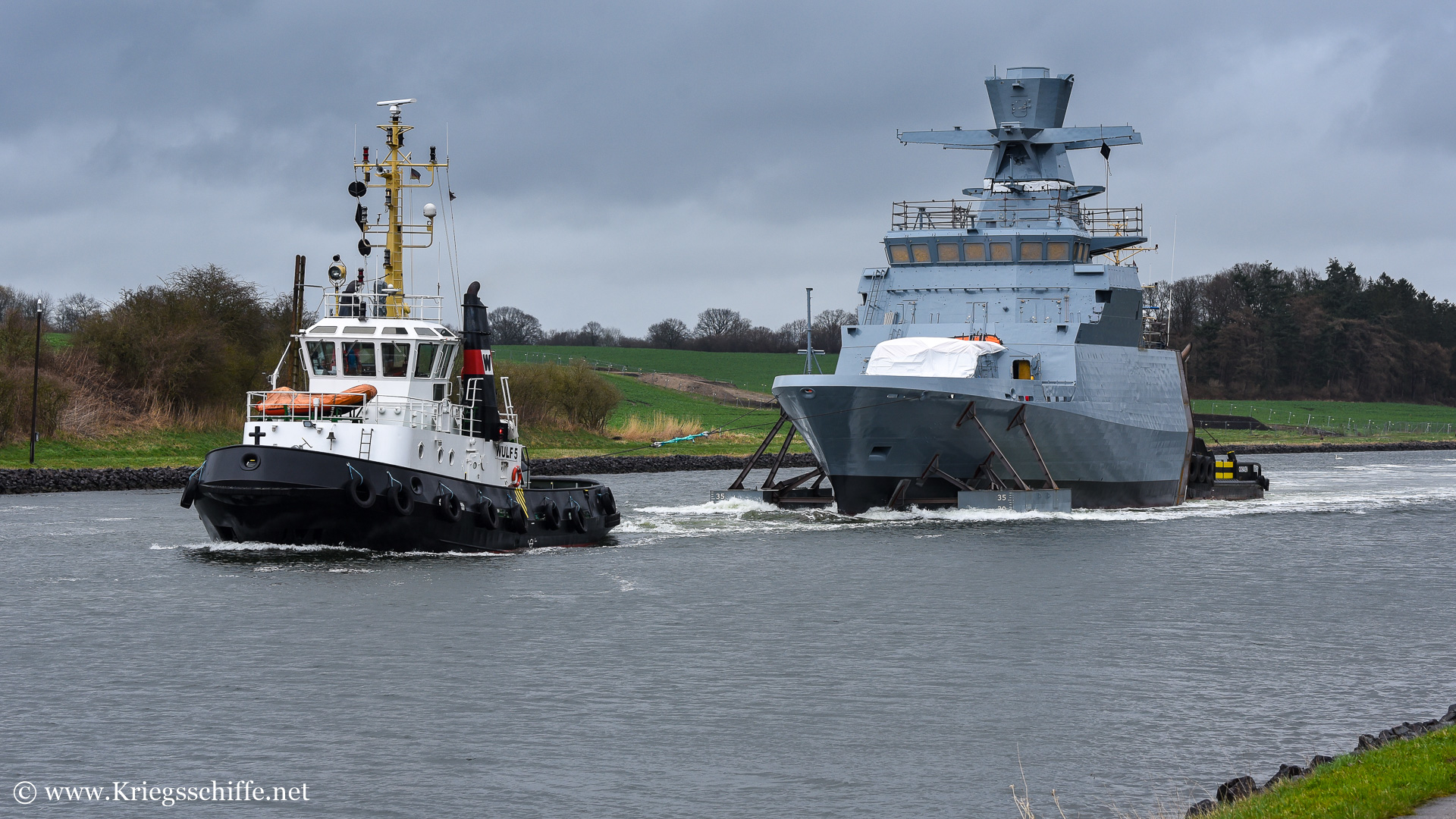
Introduction to Ofwat
The Office of Water Services, commonly known as Ofwat, is the economic regulator of the water supply and wastewater sectors in England and Wales. Established in 1989, it plays a vital role in ensuring that water companies provide efficient, reliable, and sustainable services to consumers while maintaining their focus on environmental regulations. With water management becoming increasingly critical due to climate change and population growth, understanding Ofwat’s role is more important than ever.
Ofwat’s Key Responsibilities
Ofwat’s primary responsibilities include setting price controls for the water companies, ensuring that they deliver services efficiently and effectively. Every five years, Ofwat conducts a price review, which sets limits on the amounts that water companies can charge their customers. This process ensures that water remains affordable while allowing companies to invest in necessary infrastructure improvements.
In addition to overseeing pricing, Ofwat also enforces standards of service, ensuring that water companies meet certain quality benchmarks. This includes water quality, customer service, and leakage prevention. As part of its role, Ofwat monitors the performance of water companies and takes action if they fail to meet set standards.
Current Events and Challenges
As the UK faces severe weather events and increasing concerns about water scarcity, Ofwat has come under scrutiny. Recent reports have highlighted the urgency of improving water resilience, particularly with climate change intensifying droughts and floods. In response, Ofwat has encouraged water companies to focus on sustainable practices such as investing in smart infrastructure and reducing water wastage.
Furthermore, Ofwat is actively involved in promoting the use of innovation within the sector. This includes the encouragement of new technologies and methods to enhance efficiency and reduce environmental impact. Ofwat’s innovation fund aims to support projects that can transform the water industry and enhance service delivery for consumers.
Conclusion: The Future of Water Regulation
As water scarcity and environmental challenges grow, Ofwat’s role will become even more significant. Running regular reviews and adapting to new technologies will help water companies meet rising demands and expectations from consumers. For the public, staying informed about Ofwat’s activities will not only enhance understanding of how water services are regulated but also empower consumers to hold providers accountable. With ongoing efforts to ensure sustainable water management, Ofwat’s regulatory importance will continue to shape the future of water supply in England and Wales.
You may also like

Understanding HMRC Child Benefit: What Families Need to Know

Boris Johnson: An Overview of His Current Political Landscape

Understanding the DWP Cost of Living Payment
SEARCH
LAST NEWS
- Remembering Wendy Richard: The Promise to Co-Star Natalie Cassidy
- How Did Anglian Water Achieve an ‘Essentials’ Rating for Mental Health Accessibility?
- Shai Hope Leads West Indies in T20 World Cup Clash Against South Africa
- What We Know About Weston McKennie: Future at Juventus and Past at Leeds
- What We Know About the Upcoming Live Nation Antitrust Trial